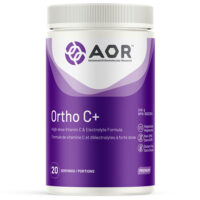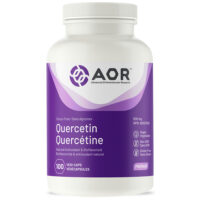Hysterectomies are performed to treat a number of gynecological conditions. They eliminate the source of the problem, so they are effective in most cases. But it is important to give careful consideration to having a hysterectomy. The procedure has several potential side effects. These include the following:
* Women who have hysterectomies tend to go through menopause a few years earlier (if they haven’t already been through it). This is thought to be due to diminished blood supply to the ovaries. If the ovaries are removed, menopause will begin right away. Symptoms of menopause include hot flashes, mood swings, sleep disturbances, decreased energy and night sweats.
* Hysterectomies are associated with increased risk of certain health problems, especially when done prior to menopause. This is due to a decrease in estrogen. Some of the health problems that become more likely include cardiovascular disease, arthritis and osteoporosis.
* Sexual dysfunction sometimes occurs after a hysterectomy. Vaginal lubrication is often reduced, and uterine orgasm is no longer possible in those who had it before. A decrease in sexual desire and enjoyment is also fairly common, especially if one or both ovaries are removed. Pain during intercourse may also occur.
* A variety of urinary problems can develop after a hysterectomy. The bladder or urinary tract could be injured during the procedure, possibly requiring further surgery. Bladder and kidney infections after a hysterectomy are common. And in rare cases, sensory nerves could be cut and you could lose bladder sensation or control.
* Weight gain is somewhat common after a hysterectomy. There is some debate as to the reason for this. Some say it is a result of changes in hormone levels, while others blame it on the inactivity required during recovery.
* Some women face depression or other emotional problems following a hysterectomy. Hormones can play a role in this, but it is often triggered by loss of the ability to reproduce.
* As with any surgery, complications are possible during a hysterectomy. Anesthesia could cause breathing or heart problems, too much bleeding could occur, or adhesions could form. These complications are rare, but it is important to know about them beforehand.
A hysterectomy is major surgery, and it should not be taken lightly. Other, less invasive treatments are available for many of the conditions for which hysterectomies are performed, and it is important to consider them. But in some cases a hysterectomy is the best or only solution.
If you do need a hysterectomy, many of its side effects can be treated or prevented with hormone therapy. There are also medications and natural remedies that can provide relief from some hysterectomy-related problems. Your doctor can help you find the best course of treatment for hysterectomy side effects.







